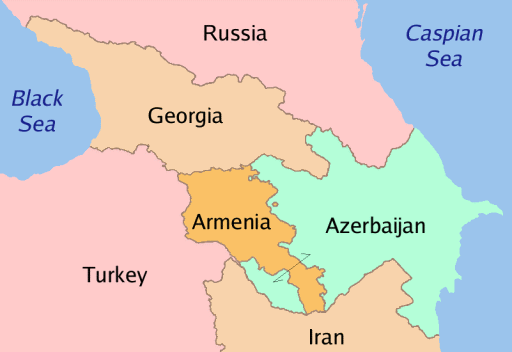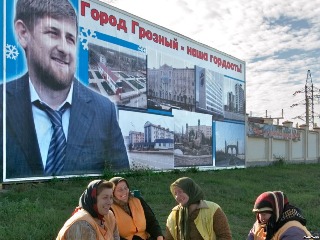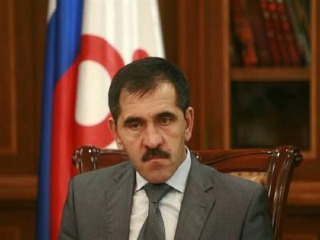“CACI Analyst, October 2, 2013”
Russia's Principled Caucasus Policy
Stephen Blank (the 02/10/2013 issue of the CACI Analyst)
Five years after its war with Georgia, Russia is now moving to institutionalize its gains into enduring territorial-political structures. During September 2013, Moscow effectively blackmailed Armenia into joining the Eurasian Union and has now announced that it is going to sign a treaty with South Ossetia and Abkhazia, recognizing the “international borders” between them and Russia. As a result, Russian soldiers are now erecting fences effectively demarcating these territories from Georgia, if not formally annexing them to Russia. Both of these moves undermine the sovereignty, and in Georgia’s case the integrity, of these two South Caucasian states and demonstrate that Russia’s neo-imperial effort to create a closed bloc in the CIS is intensifying and accelerating.

Russia Continues Border Demarcation in South Ossetia
Archil Zhorzholiani (the 02/10/2013 issue of the CACI Analyst)
In mid-September, the Russian troops restored the installation of fences or the so called “borderization” process along the South Ossetia administrative boundary line (ABL) in the vicinity of the villages Ditsi and Khurvaleti.
Moscow Signals Intention to Establish Greater Control Over Chechnya
By Valeriy Dzutsev (the 18/09/2013 issue of the CACI Analyst)
An increasing number of conflicts between Chechnya’s strongman Ramzan Kadyrov and Moscow may signify that the Russian government is gearing up to change the status quo in Chechnya. Regional authorities and Kadyrov himself have long been exempt from Russian law, which Russian leaders have motivated as a necessity for keeping Chechnya stable. Kadyrov’s success in keeping Moscow at bay has to a large extent depended on his personal relationship with President Putin. Growing resentment among ethnic Russians against North Caucasians and Putin’s weakening position make a tougher position on Moscow’s part against Chechnya’s pro-Moscow government more likely, a development that may have numerous unintended consequences.

Yevkurov Reelected President of Ingushetia
By Tomáš Šmíd (the 18/09/2013 issue of the CACI Analyst)
On September 8, the president of Ingushetia was for the first time in history elected by the Ingushetian parliament. The People's Assembly elected the highest representative of this North Caucasian republic, and could choose from three candidates, all of whom were nominated by the President of Russia, Vladimir Putin. The candidates were Urushan Yevloyev, Magomed Tatriev and the incumbent President of Ingushetia, Yunus-bek Yevkurov. As many observers predicted, Yevkurov won the elections having received 25 out of 27 votes. The remaining two deputies voted for Yevloyev. Yevkurov was inaugurated soon after his election.






 Book S. Frederick Starr and Svante E. Cornell,
Book S. Frederick Starr and Svante E. Cornell,